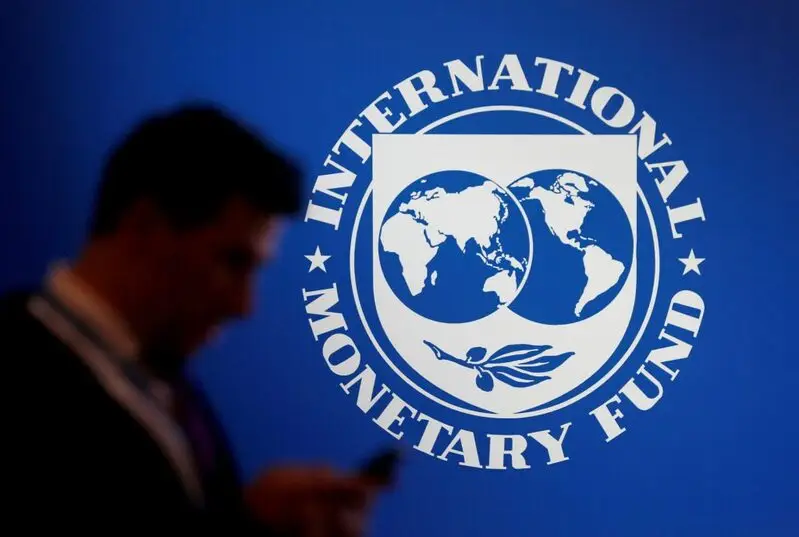The International Monetary Fund (IMF) has warned banks and other financial institutions that dominate the $9.6 trillion FX market of major liquidity risks. The IMF urged the institutions to conduct enhanced stress tests to prevent disruptions in the global financial system.
“Although stress testing and systemic risk monitoring have advanced, the role of FX markets as a conduit for risk transmission and cross-border spillovers remains underappreciated. Enhancing FX liquidity stress tests is essential to assess the sectoral resilience to funding shocks,” the IMF said in the semi-annual Global Financial Stability Report.
Also Read: China Beats the US in Green Energy Dominance
FX Market Liquidity Can Spill Over To Other Financial Sectors, Warns IMF

The IMF added that the FX market liquidity crisis has a higher chance of spilling over to other financial sectors. Therefore, the note to banks raises serious concerns that a disaster may soon brew in the global markets.
The FX market liquidity “can spill over to other asset classes, tightening financial conditions and posing risks to macro financial stability—especially in countries with significant currency mismatches and fiscal vulnerabilities. A shifting global macro financial landscape underscores the need to strengthen FX market resilience,” the IMF added.
Supervisors and banks must effectively monitor and manage liquidity risks in the FX market, wrote the IMF. “Policy backstops are critical for stabilizing the global FX market during adverse shocks. Among the most effective tools are the Federal Reserve’s US dollar liquidity swap lines,” read the report.
Also Read: Gold Price Conquers $4000, But Its Aiming For Another ATH. What Is It?
The IMF also wrote that “international reserves are a stabilizing force during stress episodes.” They highlighted that they can be used when private funding dries up. They “may also raise the global FX market’s vulnerability to adverse shocks.” In conclusion, the FX market is on the brink of a major liquidity crisis, and proper stress testing needs to be conducted. Trump’s trade wars and tariffs are adding more pressure on the global markets.






